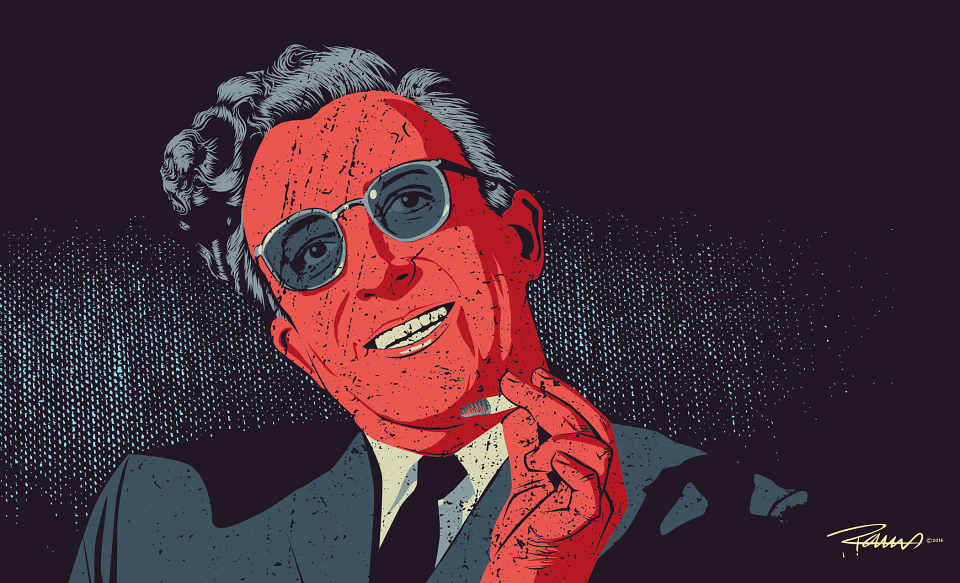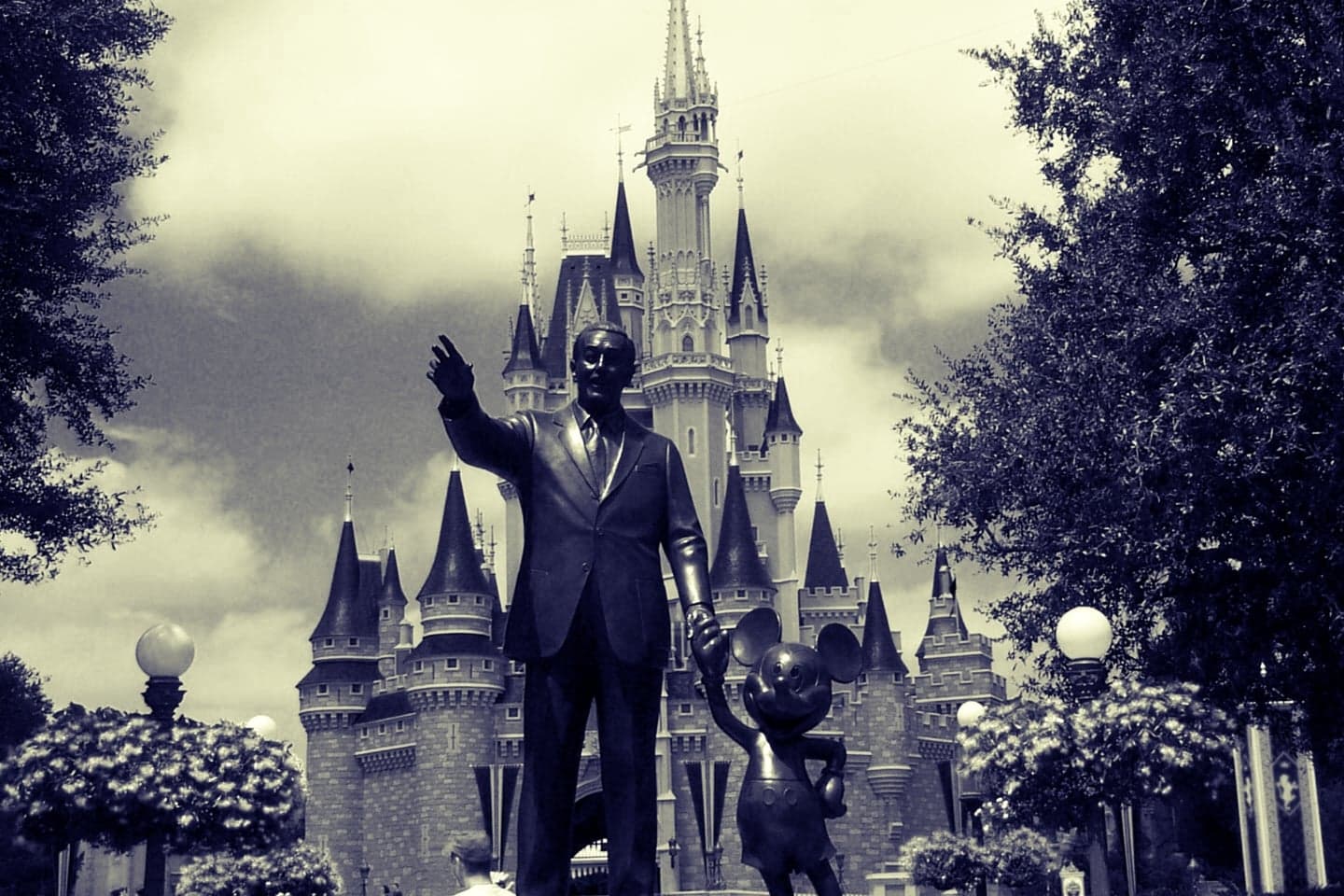Director Stanley Kubrick lets us know immediately the type of film experience we’re getting into with his 1964 satirical comedy, Dr. Strangelove. First, a text crawler at the behest of the US Air Force explaining how the events depicted in the film couldn’t really happen, and second, an extended collection of scenes of an airplane refueling another midair with a decidedly sexual theme.
The effect of this introduction is clear: we are about to see a crude, outlandish mockery of governmental situations. The mockery goes on to take several forms throughout the film, playing often upon character names, generalities of hawks, doves, Russians, and Germans (among many others), and a stubborn obsession over bodily fluids. That said, Dr. Strangelove will not be every person’s kind of comedy.
The Cold War was a very serious situation; not everyone will see the humor in making it ridiculous. Communism and Nazism aren’t light-hearted topics, nor are mutinies, hydrogen bombs, loss of life, or suicide. Kubrick is able to sidestep the seriousness of these issues by focusing not on the issues themselves but rather the poor decisions that led to them.
The theme here isn’t necessarily about the evil men do, it’s about the stupid, the confusing, and the outlandish, and we can feel fine laughing about these things. The narrative, driven by ongoing tension between American and Russia over nuclear weapons superiority (and any ‘gaps’ between the two nations’ perceived might over the other), is fairly straight-forward. An Air Force general goes rogue, sets in motion a nuclear attack on Russia, and the president’s cabinet bumble about trying to thwart the attack while maintaining diplomacy with the Russians. The character Strangelove (one of Peter Sellers’ three roles in the film) is minor but memorable as an advisor to American president, Merkin Muffley (also Sellers). Suggesting previous Nazi association, Strangelove’s behavior involving a maniacal right arm and constant verbal lapses into “Mein Fuhrer” provides not only comedy but tongue-in-cheek stylistic homage to German Expressionist cinema.
The Air Force Base, which sets the story in motion, is initially a very confused environment. General Jack D. Ripper (Sterling Hayden) suddenly ordering a nuclear strike and blathering on about fluids; is this guy for real? Yes, he is, and no, he won’t recall the code he’s just authorized, so a retaliatory attack on his base commences. Here we see the newsreel look of active battle juxtaposed with extended scenes of the Royal Air Force executive officer Lionel Mandrake’s (also Sellers) uncomfortable reactions against the paranoia of General Ripper and later, a comically dim set of interactions with a Colonel “Bat” Guano, a phone booth, and a coke machine.
Arguably the most stylized setting in the film, the War Room is composed of a giant oval table which seats the president’s cabinet and dignitaries and over which hangs an enormous board map of Russia, complete with lights and other strategic features. Size is definitely key, and the board is often acknowledged as a powerful tool that should be kept secret at all costs.
The comedic performances of the war room are dynamic and constant, fluctuating back and forth between the monotone President Muffley and General Buck Turgidson (George C. Scott). Hawkish Turgidson’s character exists to egg on the entire attack, and comes off as both logically stoic and giddy at the prospect of dropping a warhead on a Russian target, but Scott’s portrayal of the general-- tone of voice, facial expressions, and gestures-- steals virtually every scene until Strangelove arrives.
It’s been noted that George C. Scott was not pleased with the performances of his that Kubrick chose to use in the film, but it’s no understatement to say that nonetheless, Scott as Turgidson is a huge part of the film’s success. The B52 plane piloted by Major “King” Kong (Slim Pickens) is the most light-hearted of the settings, and relies on music (When Johnny Comes Marching Home), close shots of the technical aspects of the aircraft and its gear, and Pickens’ gentle western drawl to color the experience of something serious that becomes funny.
Bombs are not funny; dropping a bomb on a country is not funny, but Kong and his crew make it so. The film’s famous conclusion takes this concept a step further by returning sexual innuendo to the final act as Kong rides a warhead out of the plane and onto Russian soil. We are somehow left feeling satisfied with such a resolution simply because the bomb and the entirety of international diplomacy have been treated as jokes, mishandled by a crew of incompetents.
Should politicians and generals be mocked if they’re shown to be incompetent? Kubrick thought so. The book Red Alert upon which the film is based does not take a comic approach to any of the events depicted in the story, but posited two serious thoughts that Kubrick chose to include: “You say, ‘War is too important to be left to the generals?’ Well I say war is too important to be left to the politicians!” Despite such bravado, neither make a very convincing argument in the film, which is clearly what Kubrick set out to show us in the first place.
How might Stanley see things today? I’m not sure I want to know . . .
By Anna Purrington








Great review of a great film. Makes me want to go rewatch it.